Ford Proposal Could Solve Cold Cases, Help Find Missing Persons
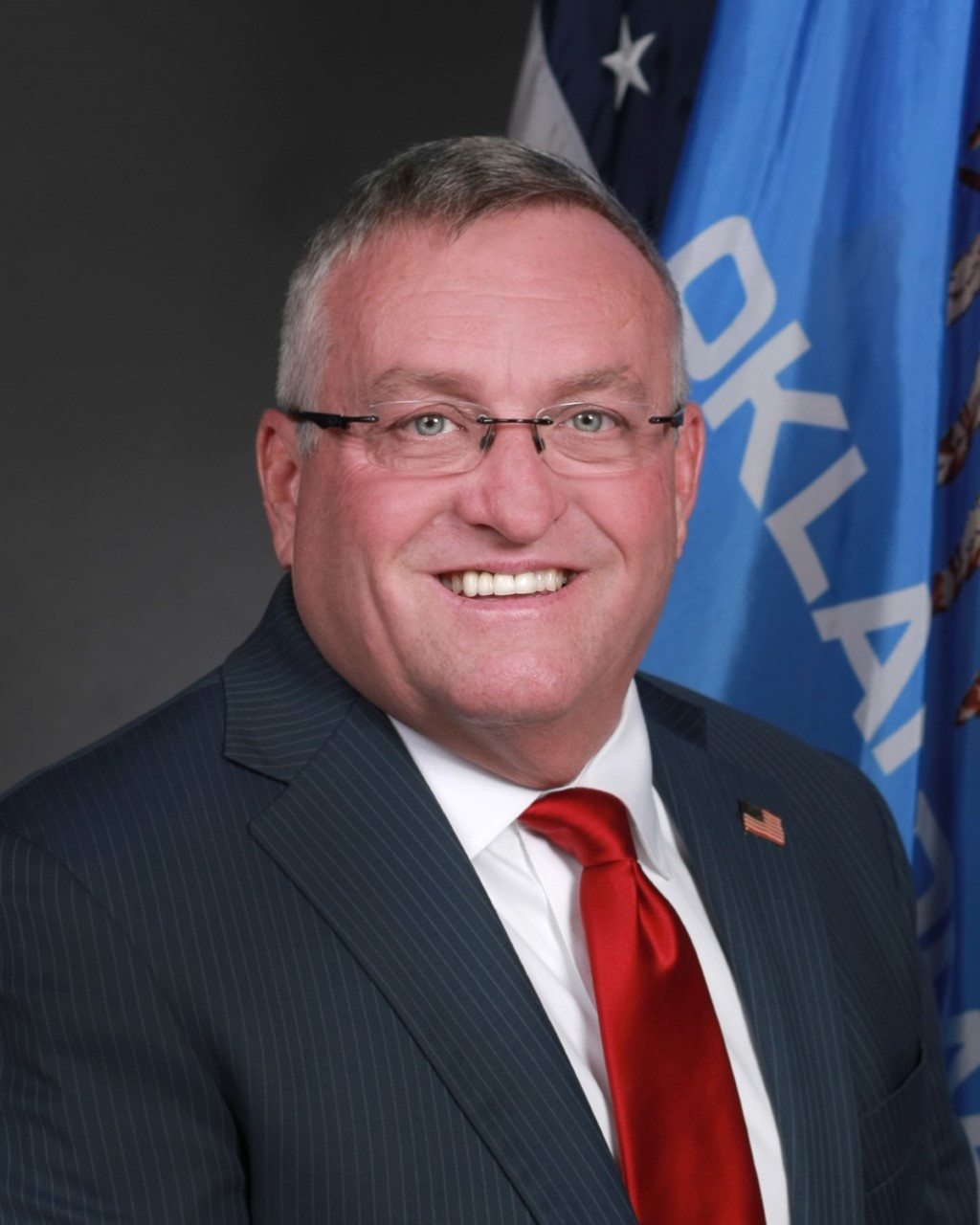
Ford Proposal Could Solve Cold Cases, Help Find Missing Persons
OKLAHOMA CITY – State Rep. Ross Ford (R-Broken Arrow) today proposed a fix that could help solve many of the state’s cold or missing persons’ cases.
Ford, a former police officer, held an interim study before the House Public Safety Committee, during which he demonstrated how training law enforcement to properly process abandoned vehicles for DNA and other evidence could lead to quicker resolutions in missing persons’ and cold cases.
“Most of these cases have something in common,” Ford said. “That is a recovered vehicle that was not processed for evidence. Once the vehicle leaves the custody of law enforcement, we can’t go back and secure that information, yet many times this information could have been used to solve these cases.”
Ford said in 1993, when he was a Tulsa Police officer, a young mother disappeared from the area and was never found. He said he later pieced together that he was at the scene the night her vehicle was found, but nothing seemed out of the ordinary and it was not searched for evidence of a crime.
“I had to wonder, if I had known more if I might have seen something that would have led to the recovery of evidence and maybe even to her discovery,” Ford said.
Ford said when he was first elected as a representative, one of the first people he met was Kristina Chastain Ritzhaupt, the daughter of the missing woman, Tracy Michelle Samuels. He invited Ritzhaupt to speak to the committee about her mother and her experience.
Ritzhaupt told the committee her last memories of her mother calling to her from the door of their home saying she loved her and would pick her up after school. She was six years old. Her mother never showed up that day and has been missing since.
Ritzhaupt said her goal now is to help change the process and policy of vehicles found abandoned so law enforcement has better methods of searching for information that might help them more quickly locate missing persons. If this had happened with her mother, she said, law enforcement might have discovered more clues to her mother’s whereabouts.
She said if the legacy and tragedy of her mother’s life is to help prevent another person and their family from losing time, information, and justice, then her sacrifice mattered.
She also mentioned the case of Francine Frost, another Tulsa woman who was missing for more than three decades before a grandson found records in the NamUs national database of unidentified bodies that matched his grandmother. House Bill 2640, signed into law this year, requires law enforcement to enter information into the database to better help families of missing persons search for their loved ones. Ritzhaupt said Frost’s car also was abandoned and if it was processed for criminal evidence her family might have had information on her case much sooner.
Dr. Maggie Zingman, a trauma psychologist whose daughter Brittany Phillips was murdered in 2004, asked lawmakers to consider expanding laws beyond just processing abandoned vehicles. She said legislation that now allows for DNA collection from people arrested on felony charges has helped in cases such as her daughter’s, but she said there are other changes that still need to be made.
LaRenda Morgan with the Cheyenne Arapaho Tribe also discussed her cousin’s missing person case and spoke of the need for more sensitivity and thoroughness from law enforcement when dealing with tribal members and others who endure the torment of a loved one missing.
Discussion during the study centered on training for law enforcement, coordination with wrecker services and then methods of matching information found with local and national databases for missing persons and cold cases. Law enforcement officers and other presenters spoke of challenges such as crossing jurisdictional boundaries or securing vehicles on private property as well as the cost involved in processing vehicles and the need for a proper environment to do this. They also spoke of the need for better collaboration between agencies, enhanced collection and reporting methods, and legislation that specifies a timeline and method for the maintenance of records.
Ford invited officials from the Oklahoma State Bureau of Investigations, the Oklahoma Highway Patrol, the Oklahoma Chief Medical Examiner’s Office, the National Missing and Unidentified Persons System, the Norman Police Department, the Tulsa Sheriff’s Department, the Oklahoma Wreckers Owners Association and a health service psychologist to speak at the study.
He said wreckers working together with Department of Public Safety employees can identify suspicious vehicles more quickly, leading to a higher rate of resolution in missing persons’ and cold cases.
“Police officers already search these vehicles for valuables and for items that might help them identify the owners,” Ford said. “Providing them with some additional training in what to look for as far as evidence could help us find missing persons and solve our cold-case backlogs.”
Comentar
Los campos obligatorios estan marcados con *










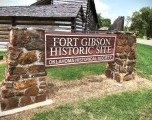


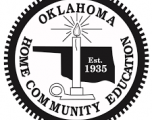



















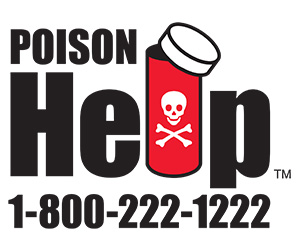
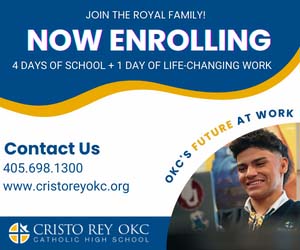

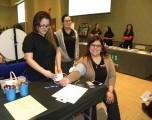



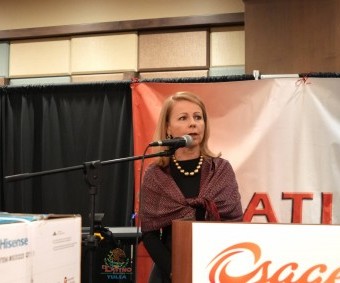









Comentar con Facebook